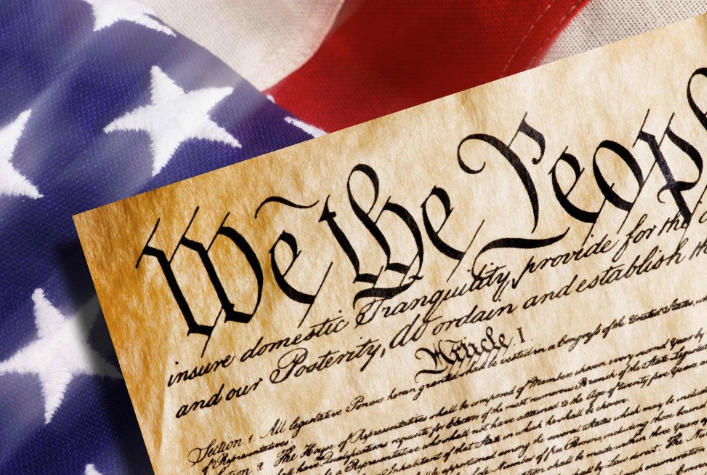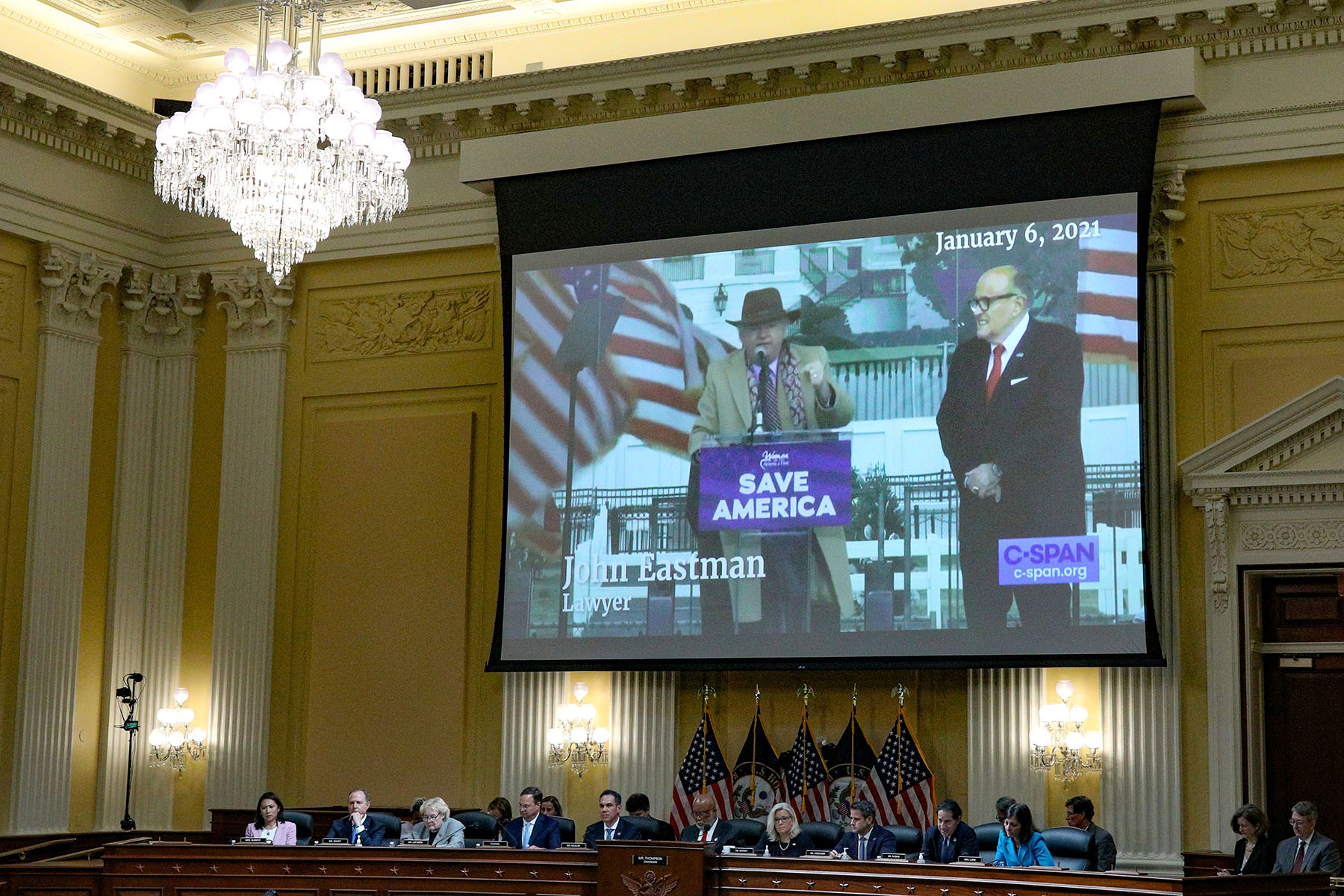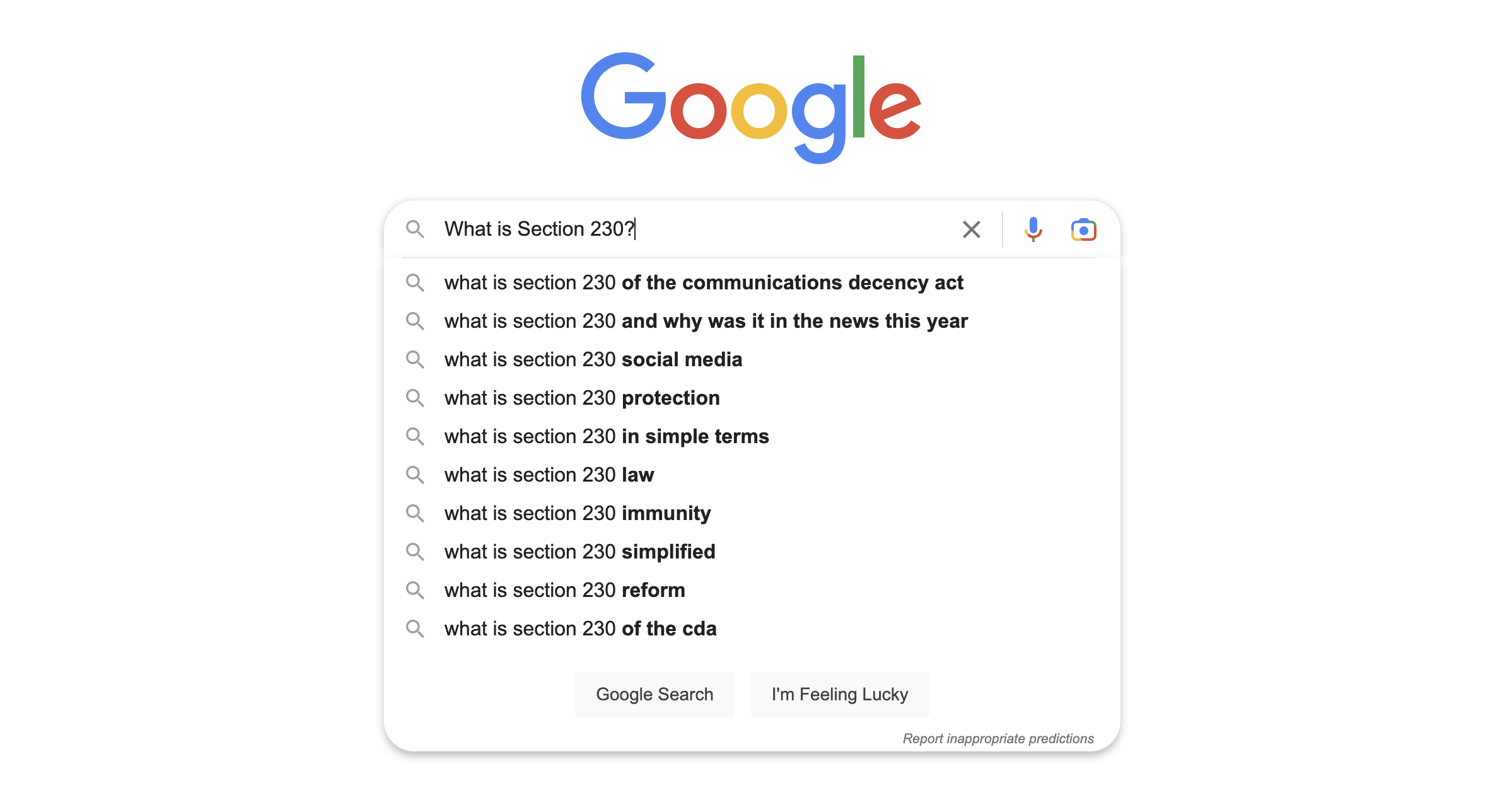By Azhar Majeed
A federal judge’s recent decision on Georgia’s law against the “Boycott, Divestment, and Sanctions” (BDS) movement signals a win for the First Amendment and for the right to protest peacefully.
The decision is the latest in a series of court rulings over the past few years that have vindicated the rights of speakers, activists, and others to use BDS as a means to protest the actions of the nation is Israel—an issue that continues to be at the forefront of national debate in the face of recent violence in the Middle East.
More specifically, participants in the BDS movement aim to put social, political, and economic pressure, through actions like boycotting products from the nation of Israel, with the end goal of convincing the Israeli government to change what the BDS movement considers to be aggressive and unlawful tactics against Palestinian occupants.
As discussed below, such advocacy is protected speech, per well-established First Amendment jurisprudence.
The Georgia statute in question came up because Abby Martin, a journalist and filmmaker, was prevented from speaking at Georgia Southern University unless she agreed to refrain from boycotting Israel. Martin, who was slated to be the keynote speaker at a conference at Georgia Southern in 2019, faced signing an independent contractor agreement asking her to stipulate, in relevant part, that she was not “engaged in, and agree for the duration of this agreement not to engage in, boycott of Israel.”
Such state laws typically require state entities and arms of the state government—including public colleges and universities—to refrain from entering into contracts with individuals, groups, or organizations unless they certify that they do not support the BDS movement. These state laws have proliferated around the country, and there are now more than two dozen in existence.
Martin filed suit after she declined to sign the contract, the agreement was voided, and the conference was canceled in its entirety. She named various Georgia Southern officials, as well as the chancellor of the board of regents of the University System of Georgia, as defendants. Her lawsuit alleged that the Georgia law, as applied to her speaking engagement, violated her free speech rights and freedom of association.
In a decision issued on May 21st, Judge Mark Cohen of the U.S. District Court for the Northern District of Georgia found in favor of Martin.
Judge Cohen ruled that Georgia’s statute “prohibits inherently expressive conduct protected by the First Amendment, burdens Martin’s right to free speech, and is not narrowly tailored to further a substantial state interest.”
This result is in keeping with U.S. Supreme Court precedent such as NAACP v. Claiborne Hardware Company (1982). That landmark decision held that while states possess a great deal of authority to regulate economic activity, they may not, consistent with the First Amendment, ban the peaceful advocacy of a boycott seeking to bring about political and social change.
It is important to note that Judge Cohen’s ruling comes at the Motion to Dismiss stage, meaning that it does not represent a final outcome in the case or the striking down of the Georgia statute. Rather, this decision rejects the defendants’ motion to dismiss Martin’s complaint, and the case will now move forward.
It will be interesting to monitor whether the Georgia Office of the Attorney General will continue to defend the law in court, given the string of defeats that similar laws in other states have faced in recent years—not to mention Judge Cohen’s strong initial rebuke.
Azhar Majeed is a free speech attorney and contributor to First Amendment Watch.
Tags




